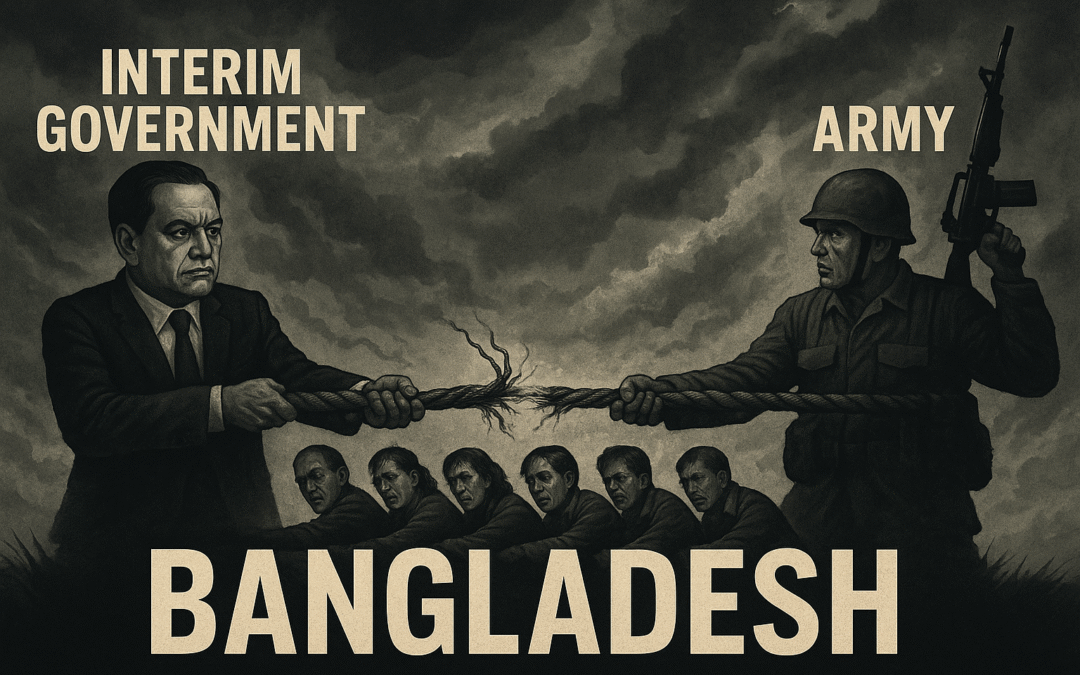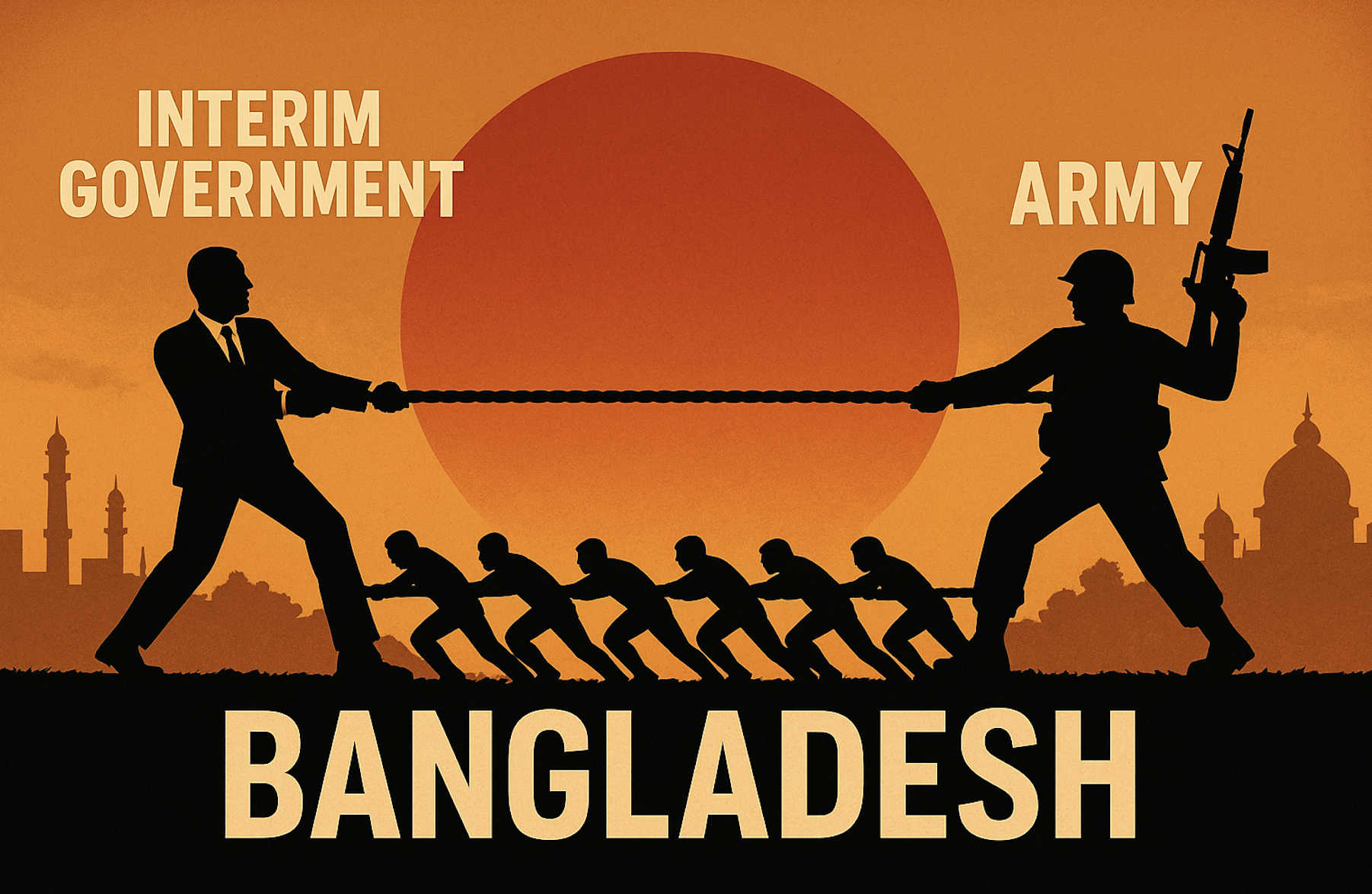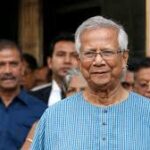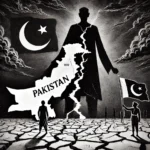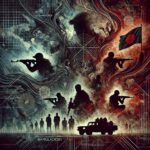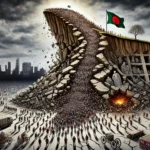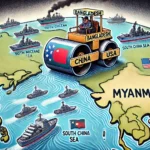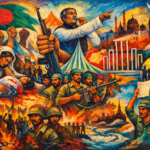On May 27, 2025, a dark chapter was written in Bangladesh’s fragile democracy—a Supreme Court verdict that stunned the nation’s conscience, one born through blood, fire, and sacrifice. ATM Azharul Islam, a top leader of the Jamaat-e-Islami and a convicted war criminal, walked free after the apex court overturned his 2014 death sentence. His crimes? Genocide, mass rape, and the orchestrated slaughter of 1,256 innocents in 1971. His freedom? A brutal betrayal of the Liberation War’s very soul.
This is not just a legal technicality—it is a political earthquake. The International Crimes Tribunal (ICT), painstakingly formed to heal the wounds of 1971 by bringing butchers to justice, is now being dismantled in spirit. Islam’s release is not a glitch in the judicial system—it is the result of deliberate ideological realignment. With Sheikh Hasina’s ousting, the gatekeepers of secularism are gone, and the doors are now wide open for the return of the ideologues who collaborated with the Pakistan Army and opposed Bangladesh’s birth.
Let us be clear: Jamaat-e-Islami was not merely a political party in 1971—it was an ideological death squad. It led paramilitary groups like Al-Badr and Al-Shams that hunted down intellectuals, raped women, and butchered civilians. ATM Azharul Islam was found guilty beyond a reasonable doubt of directing such atrocities. Now, he walks as a “free man”? What kind of justice system absolves a man steeped in blood?
This acquittal is more than an insult to history—it is a calculated signal. It tells the Islamists, “Come back, your time has returned.” It tells the secular, progressive, and freedom-loving citizens, “Your fight was in vain.” And it tells the families of the martyrs, “We no longer care about your sacrifice.” This verdict does not merely rewrite legal history—it rewrites the moral foundation of the nation
What now? Will Ali Ahsan Mujahid be declared innocent? Will Delwar Hossain Sayeedi rise from the grave of infamy to become a national hero? The floodgates are open. With the judiciary seemingly kneeling to political whims and Islamist pressure, the march of impunity has begun.
The Supreme Court’s decision raises urgent questions about judicial independence. Are our judges now afraid to uphold justice against Islamic fundamentalists? Or are they puppets of a deeper, more sinister political recalibration? If the court that should have guarded the sanctity of the Liberation War now dishonours it, where does that leave the rest of us?
Bangladesh was not born to be a sanctuary for war criminals. It was not liberated to kneel before the ghosts of Jamaat. We owe it to the millions who died, the women who were raped, and the generations who inherited a secular republic to resist this creeping regression.
This is not the end—this must be the beginning of a renewed struggle. We must rise, protest, and awaken the spirit of 1971. Because if we stay silent now, we surrender the soul of Bangladesh to the very enemies it defeated on the battlefield.
Never forget. Never forgive. And never surrender justice.
- Bangladesh is being observed
- Sliding down

